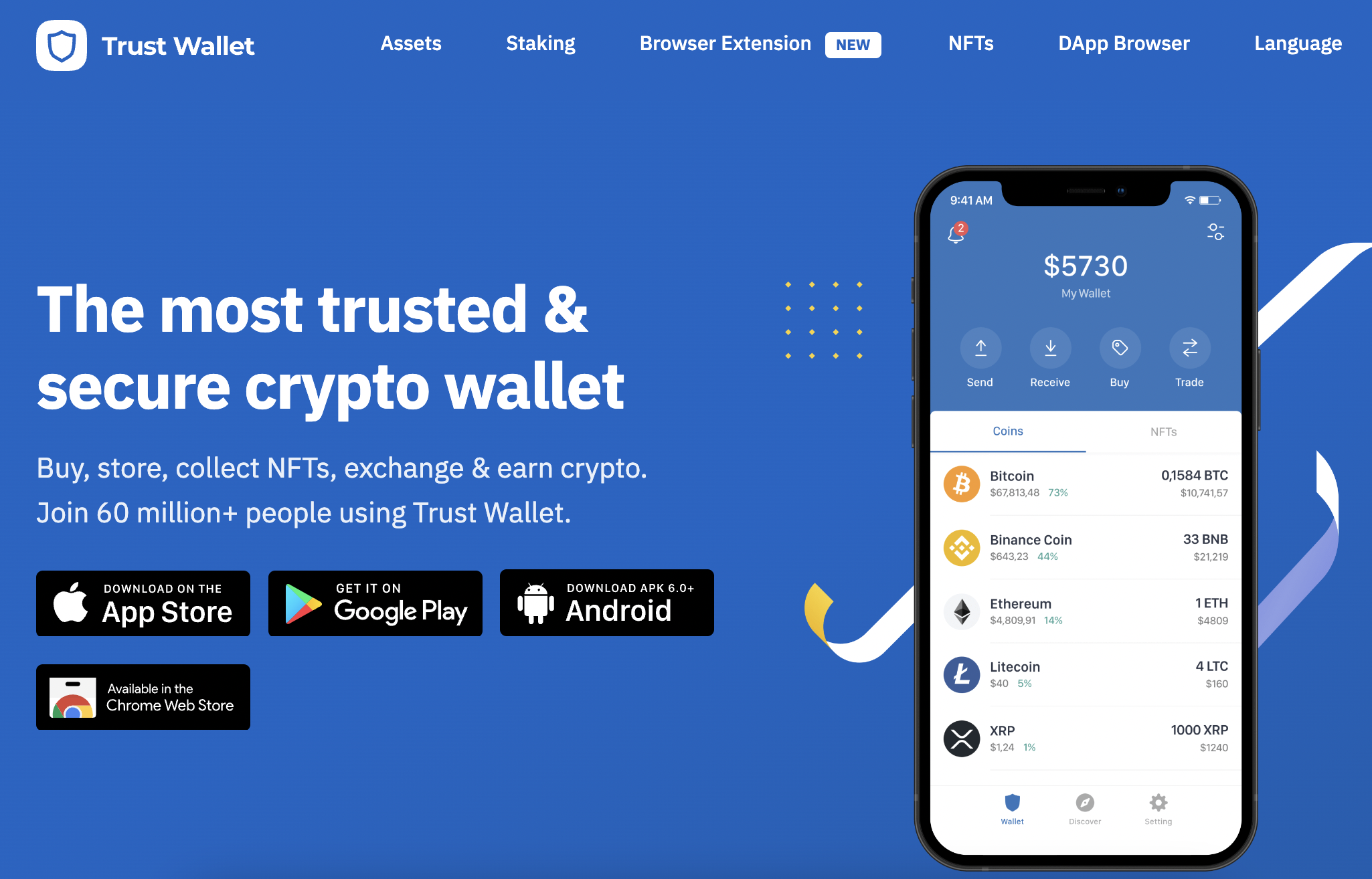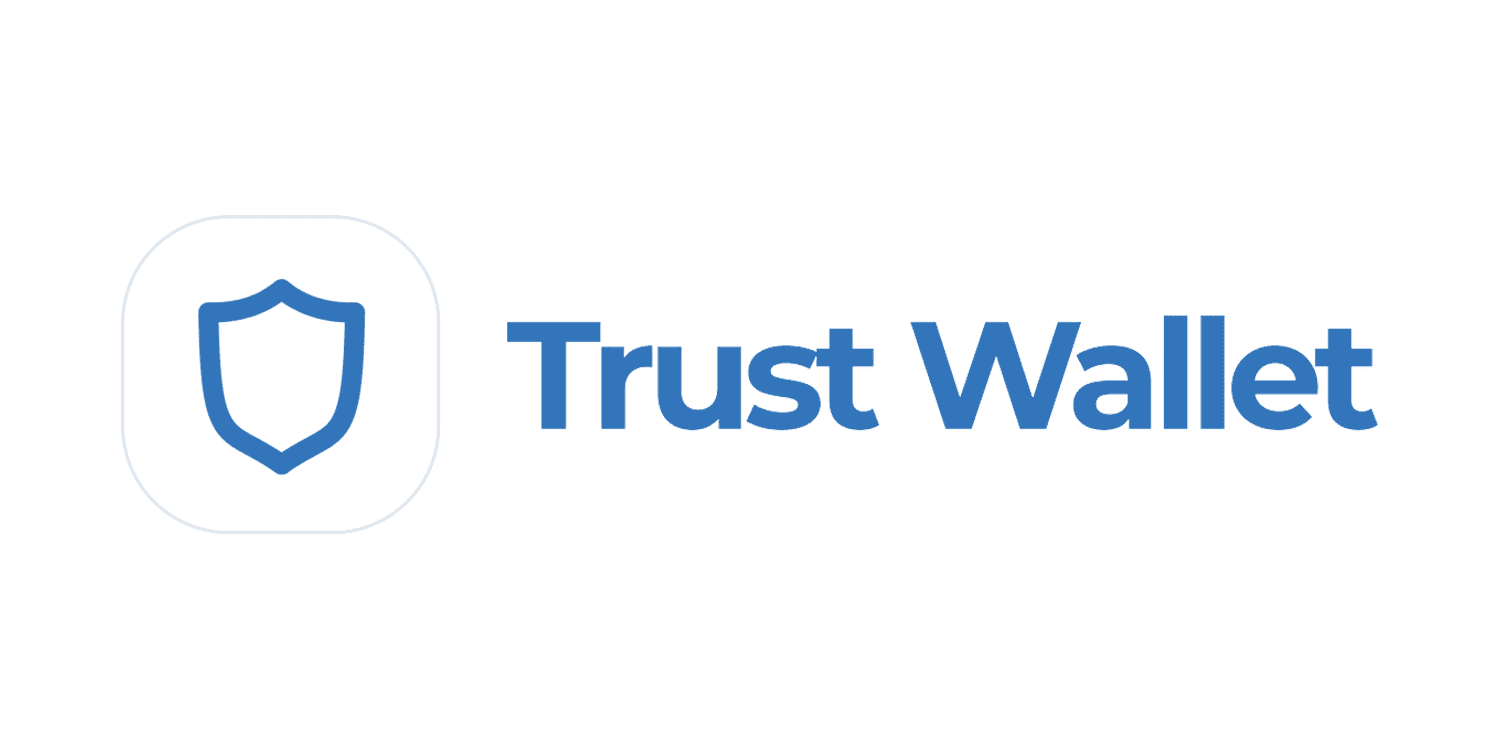Yes, Trust Wallet is free to download and use for managing cryptocurrencies. While the app itself does not charge for basic services like storing, sending, and receiving digital assets, users are responsible for paying network fees associated with blockchain transactions, which vary by network and activity.

Overview of Trust Wallet’s Cost Structure
Initial Download and Installation
Trust Wallet is free to download and install from both the Apple App Store and Google Play Store. There are no costs associated with acquiring the app, making it an accessible option for users worldwide who are interested in storing, sending, and receiving a wide range of cryptocurrencies.
Basic Wallet Functions
Using Trust Wallet for basic functions such as storing cryptocurrencies, sending, and receiving digital assets does not incur any fees from the wallet itself. Users can manage their portfolio, check their balance, and perform transactions directly within the app without any charges from Trust Wallet.
Accessing DApps Through Trust Wallet
Trust Wallet includes a built-in Web3 browser that allows users to interact directly with decentralized applications (DApps) without leaving the wallet. This feature is provided free of charge, although interacting with DApps may require transaction fees or gas fees that are paid to the respective blockchain network, not to Trust Wallet.
Understanding Network Fees
What Are Network Fees?
Network fees, often referred to as transaction fees or gas fees, are charges that users must pay to execute transactions on a blockchain network. These fees are not collected by wallets like Trust Wallet but are paid to miners or validators who maintain the network’s security and process transactions. The primary purposes of network fees are to:
- Compensate Validators: Reward miners or validators for the computational power and effort spent in processing transactions and securing the blockchain.
- Prevent Spam: High volume of transactions could overwhelm the network. Fees help deter frivolous or malicious transactions by imposing a cost on sending transactions.
How Network Fees Affect Trust Wallet Transactions
When you use Trust Wallet to send or interact with cryptocurrencies, the network fee is an essential factor in the transaction. Here’s how these fees affect transactions within Trust Wallet:
- Transaction Speed: Higher fees can lead to faster transaction confirmation times. Users have the option to adjust the fee to balance cost versus speed.
- Cost of Transactions: The actual cost of sending cryptocurrencies will include the network fee, which varies based on the blockchain and current network congestion.
- User Control: Trust Wallet provides users with information about current network fees and may offer the ability to adjust the fee to prioritize speed or cost-efficiency.

Comparing Network Fees Across Blockchains
Network fees can vary significantly across different blockchain networks due to factors such as the consensus mechanism, network congestion, and the complexity of the transaction. Some key points to consider include:
- Ethereum (ETH): Known for high network fees during periods of congestion, especially with complex DApp interactions or during high-demand events.
- Bitcoin (BTC): Fees vary based on transaction size in bytes and network activity. Larger transactions and higher demand can lead to increased fees.
- Binance Smart Chain (BSC) and Other Altcoins: Typically offer lower transaction fees compared to Ethereum, making them attractive for smaller transactions or for users seeking more cost-effective alternatives.
- Layer 2 Solutions and Scaling: Some blockchains have implemented Layer 2 scaling solutions that offer significantly lower fees by processing transactions off the main chain, with periodic settlements to the main blockchain.
Trust Wallet’s Fee Policies
No Service Fees for Standard Operations
Trust Wallet does not impose any service fees for its standard operations. This means that users are not charged by Trust Wallet for storing cryptocurrencies, sending, or receiving digital assets within the wallet. The commitment to providing a fee-free environment for these basic operations makes Trust Wallet an attractive option for users looking to manage their cryptocurrencies without worrying about additional costs from the wallet service itself.
Situations Where Trust Wallet May Incur Additional Costs
While Trust Wallet itself does not charge service fees for basic operations, there are specific scenarios where users might encounter additional costs:
- Network Fees: Transactions on blockchain networks incur network fees, which go directly to miners or validators, not to Trust Wallet. These fees vary by network and are influenced by factors like congestion.
- Third-Party DApps or Services: When using Trust Wallet to interact with decentralized applications (DApps) or services, any fees charged by these platforms are the responsibility of the user. This includes trading on DEXs or participating in token swaps.
- Currency Exchange: If a user decides to exchange cryptocurrencies within Trust Wallet using integrated exchange services, these transactions may include exchange fees or spreads charged by the exchange partners.
How Trust Wallet Keeps Costs Low for Users
Trust Wallet employs several strategies to keep user costs low, despite the unavoidable network fees associated with blockchain transactions:
- Efficient Transaction Estimation: Trust Wallet provides users with tools to estimate network fees accurately, helping them choose the most cost-effective times for transactions.
- Integration with Low-Fee Networks: By supporting a wide range of cryptocurrencies, including those on networks with lower transaction fees, Trust Wallet gives users the flexibility to manage their assets in a more cost-efficient manner.
- Educational Resources: Trust Wallet offers resources and guides to help users understand network fees and how to minimize them, such as choosing the right time to transact or participating in networks with lower fees.
Additional Services Within Trust Wallet
Staking Cryptocurrencies
Trust Wallet offers users the ability to stake certain cryptocurrencies directly within the app. Staking involves locking up a portion of your cryptocurrency holdings in order to support the operation and security of a blockchain network. In return for staking their assets, users can earn rewards, typically in the form of additional tokens. The key benefits include:
- Earn Passive Income: Users can earn rewards simply by holding and staking their cryptocurrencies within Trust Wallet.
- Support Networks: Staking contributes to the security and efficiency of blockchain networks.
- Easy to Use: Trust Wallet simplifies the staking process, making it accessible even for beginners.
Using Decentralized Exchanges (DEX)
Trust Wallet integrates with decentralized exchanges (DEX), enabling users to trade cryptocurrencies directly from their wallet without having to transfer assets to a centralized exchange. This feature offers several advantages:
- Direct Trading: Users maintain control of their private keys during the trading process, enhancing security.
- Wide Selection of Tokens: DEXs often list a broader range of tokens, including newer and less known ones.
- Privacy: Trading on DEXs through Trust Wallet can offer more privacy, as most DEXs do not require personal information for trading.

Accessing Blockchain Games and NFTs
Trust Wallet’s built-in Web3 browser allows users to interact with blockchain games and NFT (Non-Fungible Token) marketplaces directly through the app. This opens up a world of digital collectibles and gaming experiences that are verifiably owned by the user, with benefits such as:
- Easy Access: Users can explore and engage with blockchain games and NFTs without leaving the wallet.
- Ownership and Trade: Securely buy, sell, or trade NFTs within the same environment used to manage their cryptocurrencies.
- Exploring the Metaverse: Access to a growing number of virtual worlds and assets, further extending the utility and enjoyment of using Trust Wallet.
These additional services within Trust Wallet enhance its functionality far beyond basic wallet operations, providing users with opportunities to earn, trade, and engage with the wider blockchain ecosystem directly from their mobile device.